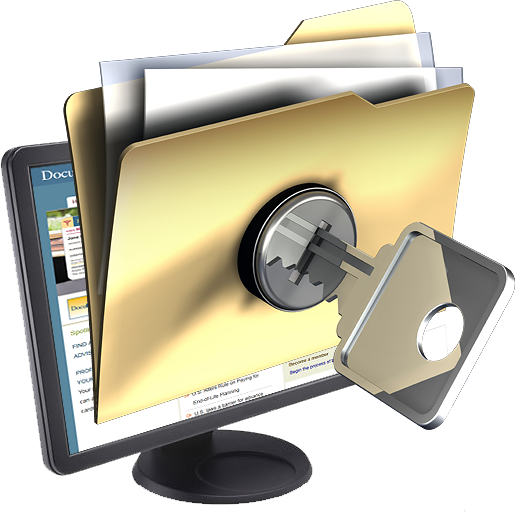
May
What to Keep After Filing Taxes?
You want to hold on to your tax return and supporting documentation for at least three years. In a few specific situations, some documents will need to be kept even longer.
- Three years. You typically want to keep your tax returns and related financial documents for at least three years. For an individual filer, those supporting documents back up any income, deduction or tax credit claimed on your return and may include W-2 income forms, charitable donation receipts and 1099 forms.
- Six years. Tax filers will need to storesome documents even longer, experts say. For example, if you underreport your income, and the unreported amount is more than 25 percent of the gross income on your return, the Internal Revenue Service recommends keeping those background records for six years.
- Seven years. You want to keep records for seven years if you claim a loss on worthless securities or bad debt deduction, according to the IRS.
- Even longer, and maybe forever. Some financial documents related to your taxes should be kept for years, and maybe even forever. Those might include documents related to the purchase or sale of a home or a stock, for instance. You’ll also want to hang on to records of major, value-adding home improvements.
There are several reasons why you should hold on to important tax documents. For one, you’ll want those documents in case you are audited and asked to produce those papers. You may also be asked to produce old tax returns as proof of income if you apply for a mortgage or another major loan. If you have a child headed to college, keeping tax records, including your tax return and W-2 income records, may be useful when filing for FAFSA, which asks for income information from two years prior to your child’s enrollment.
Keeping records is also a good resource if you want to continue to learn from previous year’s tax mistakes. Having a previous year’s tax records on hand might jog your memory if you need to remember how you handled a particularly sticky tax issue in the past. It also helps to have any documents on hand if you decide to amend a tax return.




